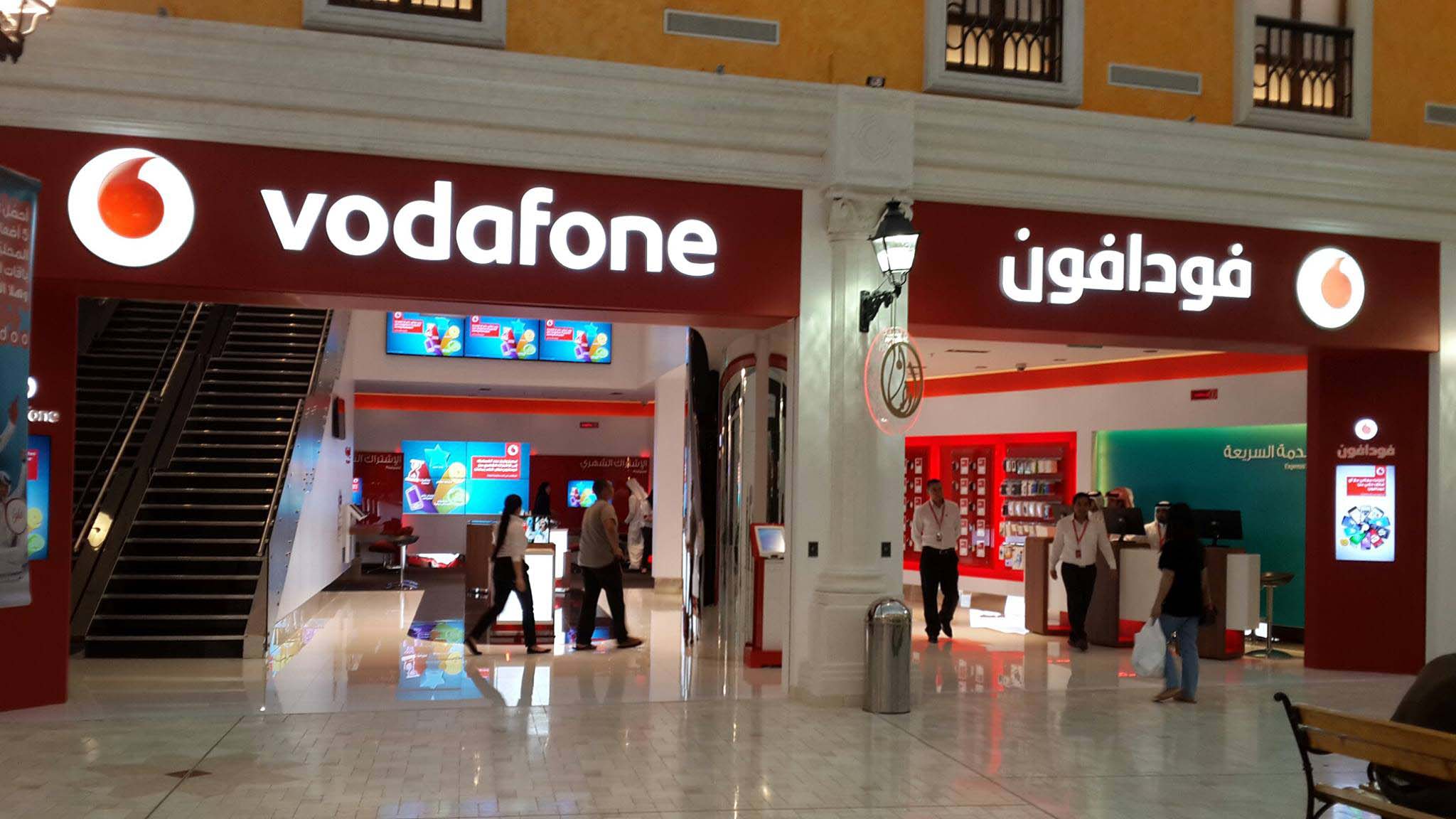
A recent advertising campaign by Vodafone Qatar was found “inaccurate and misleading” and should be stopped immediately or reworded, the country’s telecoms watchdog has ruled.
The Communications Regulatory Authority (CRA) has said that Vodafone’s “3 months free” promotion for postpaid packages, which was rolled out earlier this month, was in breach of the recently-introduced Advertising, Marketing and Branding Code because it led customers to believe they would have three months’ subscription at no cost.
According to the fine print, customers would actually only receive a 30 percent discount on subscription fees over 10 months, it added.
However, Vodafone is challenging the ruling, saying the campaign was not misleading. The company also criticized the process and said it is “surprised” by the regulator’s decision, a spokeswoman told Doha News.

This week, the CRA ordered Vodafone to remove all promotional materials related to the campaign, or to change the wording on its advertisements, it said in a statement.
In the order, the regulator states that if Vodafone wishes to continue its promotion, it must immediately:
- Rectify the existing advertisements to clearly state that all new postpaid customers would get a discount equal to three month’s subscription free over 10 months on their postpaid plan’s monthly rental (‘discount’);”
- Amend the advertisements to clearly state that this offer is subject to the terms and conditions that apply to the offer; and
- Ensure that customers who have paid for the “3 months Free postpaid” from Jan. 14, 2015 onwards receive three months free subscriptions and are not penalized for exiting the promotion prior to 10 months.
In response, Vodafone Qatar has denied any wrongdoing and said it plans to take the CRA’s decision to the Appeals Committee.
It said that CRA took the action following a complaint by its competitor Ooredoo.
Attacking the investigation process, Vodafone said in a statement:
“Vodafone has had no input into the complaint review process to date despite its request for involvement. Vodafone is surprised at the approach taken to this matter as it is not in accordance with the normal approach taken by the CRA.
To date, feedback received on this promotion has been overwhelmingly positive. Vodafone Qatar takes the issue of customer protection seriously and does not consider this promotion or associated media to be confusing or misleading. We intend to pursue the matter further with the CRA through appropriate channels.”
First action
This is the first public “show of teeth” by the CRA, which was set up last April under Emiri Decree as an independent regulatory arm of the Ministry of Information and Communications Technology (ictQatar).
The new body is responsible for telecoms, access to digital media and the postal service.

It is also believed to be the first time the regulator has enforced the Advertising Code, which was introduced last September last year to help improve transparency in telecom marketing campaigns.
The 24-page code complements and beefs up a Consumer Protection Policy that was also rolled out last year after ictQatar fielded hundreds of complaints about the nation’s two official telecom companies, Ooredoo and Vodafone.
The code aims to ensure all advertising and marketing undertaken by telecoms providers is “fair, accurate and truthful” and is not confusing to customers.
It includes a number of provisions. For special offers, it states:
“An advertiser must not claim, in any advertisements, that an applicable product or service is on special offer, available free of charge, or available on any other preferential terms and conditions, unless it is true and based on facts which can be substantiated.”
The code goes on to define the use of words such as “free” and “unlimited” and lists rules on how companies can honestly advertise the speed of their services.
The latest Vodafone ruling echoes a similar stand taken by ictQatar last year against Ooredoo, when it demanded the provider immediately stop all advertising for its “4G For Free Forever” campaign.
At the time, the government body said “the advertisement is in fact misleading and it creates the perception that the 4G service and data are for free.”
Ooredoo responded that there had been no customer complaints over the campaign and publicly questioned ictQatar’s methods and role as regulator.
Thoughts?







